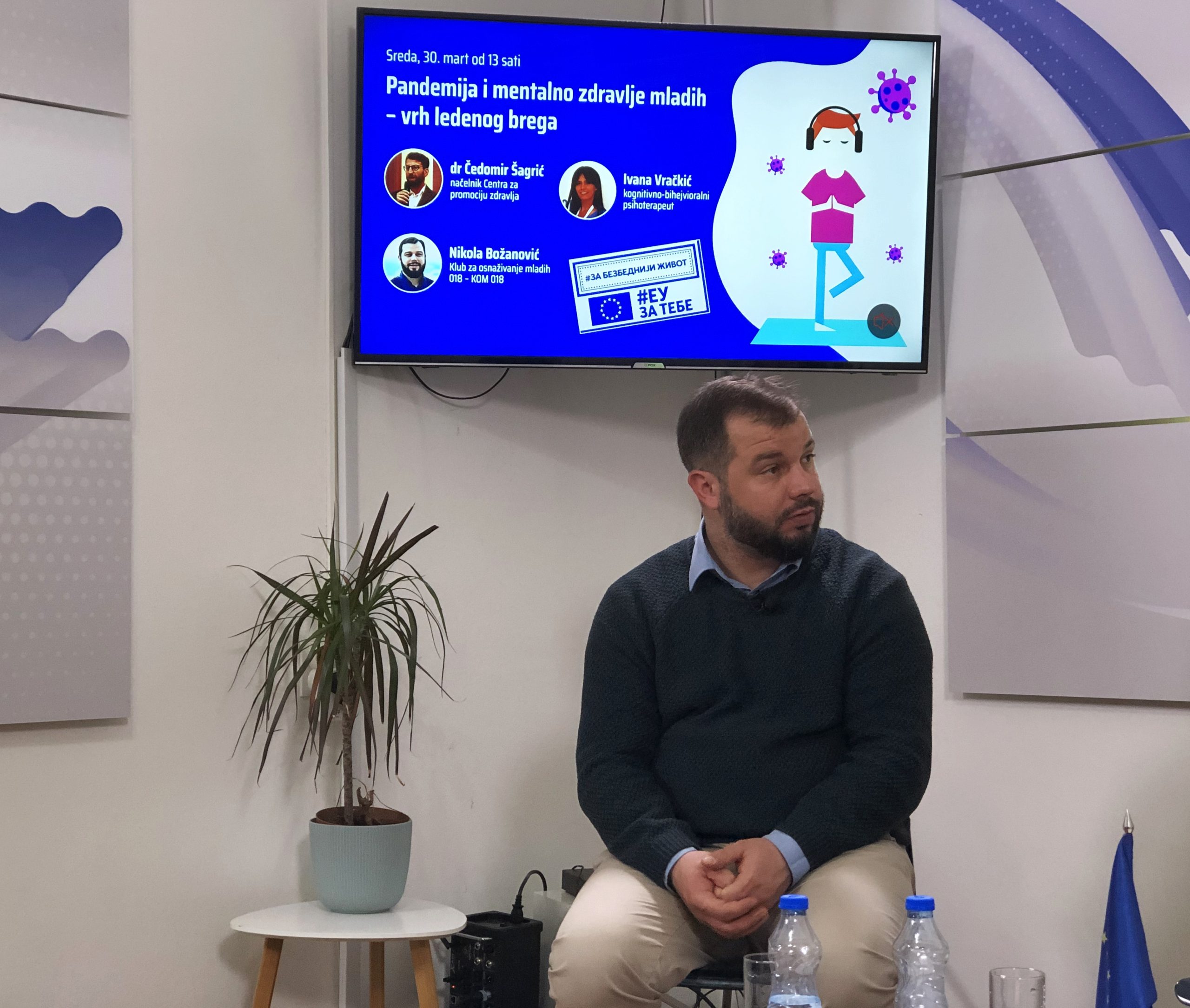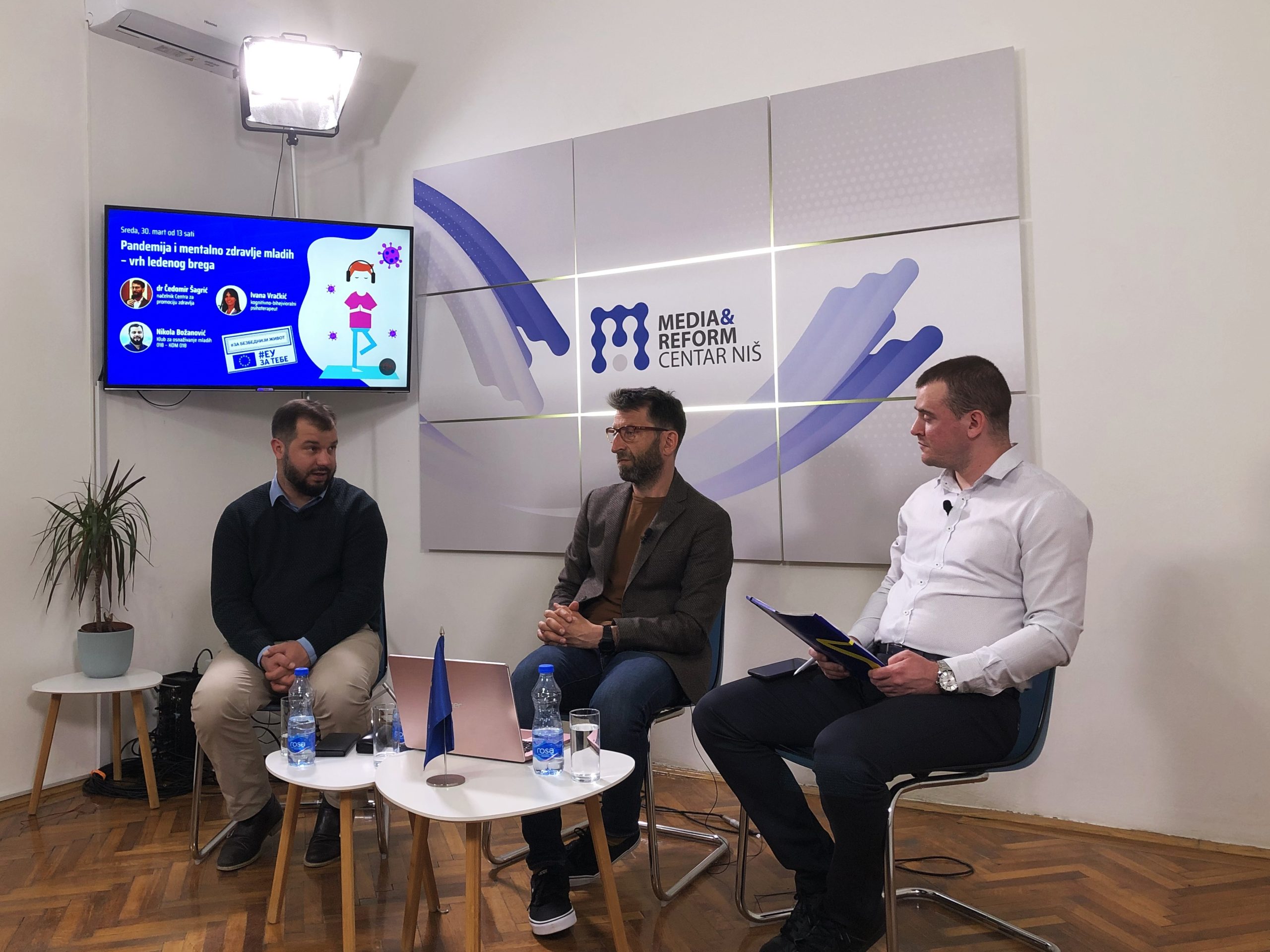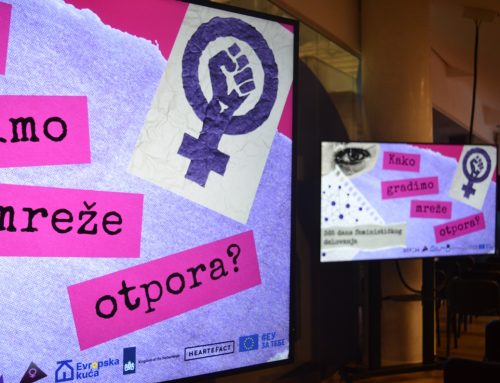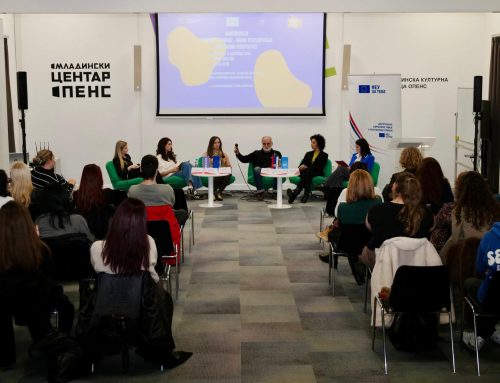The corona virus pandemic significantly accelerated and exacerbated the problems of adolescence, and this is one of the conclusions reached by the experts of the panel “Pandemic and mental health of young people – the tip of the iceberg”, and they continued by offering solutions to these challenges.
The panel was organised online by the EU Info Point Niš, in cooperation with the Centre for Health Promotion of the Institute of Public Health Niš, with participation of Dr Čedomir Šagrić, Head of the Centre for Health Promotion, Nikola Božanović from the Club for Youth Empowerment 018 – KOM 018, as well as the members of this club.
Adults reacted terribly to the pandemic and forgot that their behaviour further complicates the situation for young people and children, said Dr Šagrić. One of the challenges for young people was the fact that schooling was organised differently, which led to reduced physical contact among children.

“Young people are increasingly feeling lethargic, anxious, depressed”, said the doctor, adding that our society does not provide enough support for the young, citing that research has shown that they find no support in school nor in the family.
“There are many things we call unstructured free time. When you finish with your obligations, school, you don’t know what to do with yourself. You do not have an offer that would activate and mobilise you to increase your creative capacities, and thus preserve your mental health. Culture is also mental health, as well as love, sports, free time, all that is mental health”, he added.
Nikola Božanović added to this idea:
“We are in a situation where young people in a city that is as big as this one, don’t have enough content, and one thing leads to another: if you don’t provide enough content, young people begin to withdraw, become self-destructive, and do not spend free time in a quality way.”

Who do young people refer to for mental health?
“Young people really need institutional support. Maybe it is not sufficiently present”, Dr Šagrić wonders. According to him, talking to your peers is useful, it is a kind of relief, but that is often it. Young people should turn to their parents, psychologists and pedagogues at school.
Young observers from the audience also spoke about the lack of institutional support. “It’s all because of your mental state” – a sentence, as one girl says, she often heard from a doctor, feeling that they tend to minimise the seriousness of her problems. Others testify that mental health is still a taboo.
So, how do you empower young people to seek help? How do you let them know that seeking help is a feature of strength, not weakness?

“When I was a teenager, it never occurred to me to go to a health facility and ask for help because I didn’t feel comfortable to do it. Maybe you feel more comfortable now. Help must be available, free and it must be there when it is needed”, the doctor said, adding: “You need to learn to express your needs.”
Šagrić pointed out another important problem – that certain groups of young people are almost invisible, and that they essentially have no support, such as young people in the countryside, or those who are neither employed nor students.
You can see the whole forum at the following link:
More on mental health through Safebook
For more information
Safebook – For Safety and Security of the Youth
No Health without Mental Health
European Goals for the Youth: Mental Health and Wellbeing and Quality Learning




